
Gun laws in North Dakota regulate the sale, possession, and use of firearms and ammunition in the state of North Dakota in the United States. [1] [2]

Gun laws in North Dakota regulate the sale, possession, and use of firearms and ammunition in the state of North Dakota in the United States. [1] [2]
| Subject / law | Long guns | Handguns | Relevant statutes | Notes |
|---|---|---|---|---|
| State permit required to purchase? | No | No | ||
| Firearm registration? | No | No | ||
| Assault weapon law? | No | No | ||
| Magazine capacity restriction? | No | No | ||
| Owner license required? | No | No | ||
| Permit required for concealed carry? | N/A | No | 62.1-03-01 62.1-04-03 | North Dakota is a "shall issue" state for citizens and lawful permanent residents who are 18 years or older. Class 1 permits are issued to those 21 or older, and Class 2 permits are issued to those 18 or older. Permitless carry took effect on August 1, 2017. |
| Permit required for open carry? | No | No | 62.1-03-01 | May carry openly without permit. |
| Castle Doctrine/Stand Your Ground law? | Yes | Yes | 12.1-05-07 | |
| State preemption of local restrictions? | Yes | Yes | 62.1-01-03 | "A political subdivision, including home rule cities or counties, may not enact a zoning ordinance or any other ordinance relating to the purchase, sale, ownership, possession, transfer of ownership, registration, or licensure of firearms and ammunition which is more restrictive than state law." |
| NFA weapons restricted? | No | No | 62.1-01-01 | Binary triggers are not considered machine guns. |
| Shall certify? | Yes | Yes | 62.1-05-03 | Shall certify within 30 days. |
| Peaceable Journey laws? | No | No | ||
| Background checks required for private sales? | No | No | ||
| Duty to inform? | Yes | Yes | 62.1-04-04 | Only when carrying without a permit. |
North Dakota is a "shall issue" state for concealed carry. The North Dakota Bureau of Criminal Investigation (BCI) shall issue a concealed weapon permit to a qualified applicant. The applicant must pass a written exam and submit an application to the local law enforcement agency, which conducts a local background check before forwarding the application to the BCI. The permit is valid for five years. A concealed weapon permit is required when transporting a loaded firearm in a vehicle. Concealed carry is not allowed in the part of an establishment that is set aside for the retail sale and consumption of alcoholic beverages. Concealed carry is allowed in the restaurant part of a liquor establishment if an individual under twenty-one years of age is not prohibited in that part of the establishment. Concealed carry is also not allowed, unless permitted by local law, at a school, church, sporting event, or public building. [3] [4] [5] [6]
On March 23, 2017, a bill permitting constitutional carry [7] was signed by Governor Doug Burgum. As of August 1, 2017, people carrying concealed without a concealed weapons license will need to carry a form of state-issued photo ID, must be a North Dakota resident for at least 1 year, must inform police about their handgun upon contact, and must not otherwise be prohibited from possessing a firearm by law. The existing concealed weapons licenses, Class 1 & 2, will continue to be available to allow cross state reciprocity. Open carry of a loaded handgun will still require a permit. Carrying in a vehicle was originally thought of as requiring a permit but Attorney General Wayne Stenehjem issued an opinion interpreting the law as allowing for constitutional carry within vehicles. [8] This was codified in 2019. [9] The residency requirement was removed in 2023.
Some localities have adopted Second Amendment sanctuary resolutions. [10]
On April 22, 2021 Governor Doug Burgum signed HB 1383, which limits enforcing or assisting in the enforcement of federal firearms laws enacted after January 1, 2021 that are more restrictive than state law. [11] On April 26, 2021, Burgum also signed a proclamation which designated North Dakota as a "Second Amendment Sanctuary State." [12] [13]
Text of the Proclamation Include:
North Dakota has state preemption of firearms laws. No political subdivision may enact any ordinance relating to the purchase, sale, ownership, transfer of ownership, possession, registration, or licensure of firearms and ammunition which is more restrictive than state law. [15]
Firearms manufacturers, distributors, and sellers are not liable for any injury suffered because of the use of a firearm by another. However, they may be sued for breach of contract or warranty, or for defects or negligence in design or manufacture. [2] [16]
Firearm buyback programs are prohibited by state law. [17]
Gun laws in the United States regulate the sale, possession, and use of firearms and ammunition. State laws vary considerably, and are independent of existing federal firearms laws, although they are sometimes broader or more limited in scope than the federal laws.

Gun laws in Oklahoma regulate the sale, possession, and use of firearms and ammunition in the state of Oklahoma in the United States.
In the United States, the term constitutional carry, also called permitless carry, unrestricted carry, or Vermont carry, refers to the legal public carrying of a handgun, either openly or concealed, without a license or permit. The phrase does not typically refer to the unrestricted carrying of a long gun, a knife, or other weapons. The scope and applicability of constitutional carry may vary by state.

Gun laws in Utah regulate the sale, possession, and use of firearms and ammunition in the state of Utah in the United States.
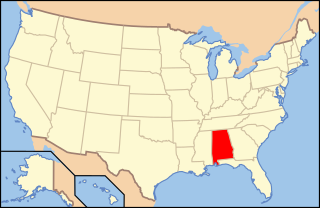
Gun laws in Alabama regulate the sale, possession, and use of firearms and ammunition in the state of Alabama in the United States.
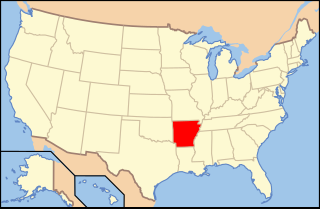
Gun laws in Arkansas regulate the sale, possession, and use of firearms and ammunition in the state of Arkansas in the United States.

Gun laws in Wyoming regulate the sale, possession, and use of firearms and ammunition in the state of Wyoming in the United States. Gun laws in Wyoming rank as some of the most permissive in the country.

Gun laws in Georgia regulate the sale, possession, and use of firearms and ammunition in the state of Georgia in the United States.

Gun laws in Iowa regulate the sale, possession, and use of firearms and ammunition in the state of Iowa in the United States.

Gun laws in Mississippi regulate the sale, possession, and use of firearms and ammunition in the state of Mississippi in the United States. Gun laws in Mississippi are among the most permissive in the country, with no license or background check required to openly carry handguns most anywhere in the state.
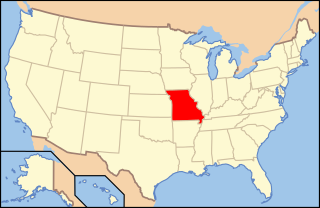
Gun laws in Missouri regulate the sale, possession and use of firearms and ammunition in the state of Missouri in the United States.
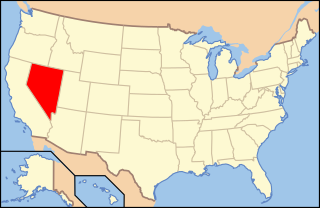
Gun laws in Nevada regulate the sale, possession, and use of firearms and ammunition in the state of Nevada in the United States.
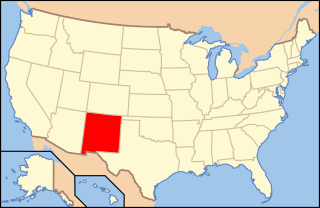
Gun laws in New Mexico regulate the sale, possession, and use of firearms and ammunition in the state of New Mexico in the United States.

Gun laws in Ohio regulate the sale, possession, and use of firearms and ammunition in the U.S. state of Ohio.
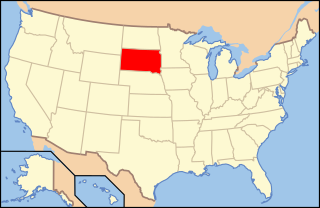
Gun laws in South Dakota regulate the sale, possession, and use of firearms and ammunition in the state of South Dakota in the United States.

Gun laws in Texas regulate the sale, possession, and use of firearms and ammunition in the U.S. state of Texas.

Gun laws in Vermont regulate the sale, possession, and use of firearms and ammunition in the U.S. state of Vermont.
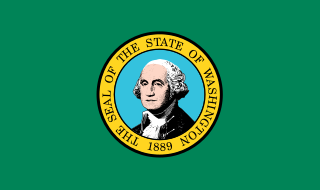
Gun laws in Washington regulate the sale, possession, and use of firearms and ammunition in the state of Washington in the United States.
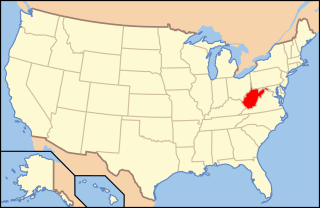
Gun laws in West Virginia regulate the sale, possession, and use of firearms and ammunition in the U.S. state of West Virginia.

The history of concealed carry in the United States is the history of public opinion, policy, and law regarding the practice of carrying concealed firearms, especially handguns.